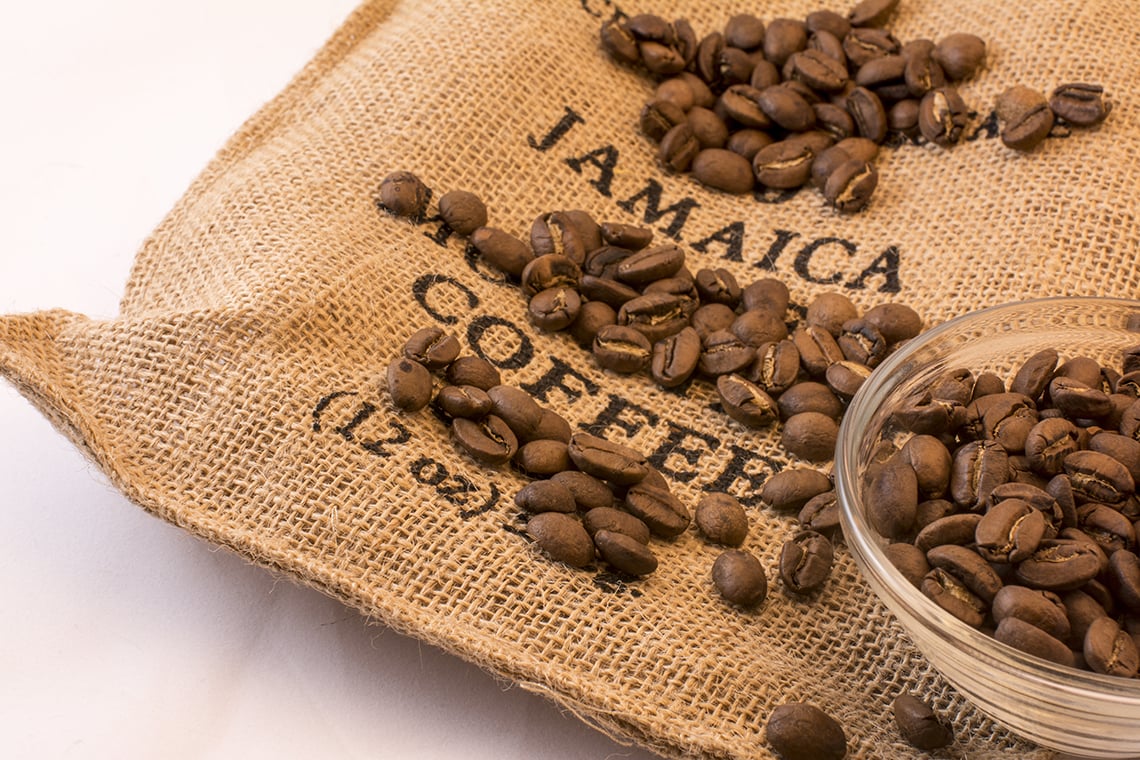The Government has had to pay out $100 million to coffee processors whose beans, destined for export, were destroyed at the Coffee Industry Board’s (CIB) warehouse on Marcus Garvey Drive in September last year when the facility was severely flooded.
According to head of the CIB, Hervin Willis, and permanent Secretary in the agriculture ministry Donovan Stanberry, the board has negotiated credit notes to forego future fees to the board as a means of making up the difference which the processors were unable to recover from their own private insurance policies.
The disclosure was made last week during a sitting of Parliament’s Public Accounts and Appropriations Committee.
Willis said the processors had insurance of up to US$1.1 million (or approximately $130 million), but that there is another $69 million for which they were unable to get coverage. The processors are seeking to recover this excess from the CIB.
It was unclear whether the CIB has been able to make any recovery under its own insurance policy, which Willis revealed at the time had been inadequate to cover the $386 million worth of beans that were in storage then.
“It was underinsured…The coffee board carries insurance, but it wasn’t adequate. It just wasn’t enough,” he stated.
Under the law, green coffee beans must be placed in the custody of the responsible commodity board to ensure quality before shipment. The board is mandated to license and monitor coffee dealers, processors, works and nurseries, and trademark registration licensing and monitoring of users.
Stanberry explained that the CIB had been self-sufficient up to the time when the beans were wiped out last year, but now has had to receive budgetary support from the ministry because its cash flow was severely affected by the $100-million payout and the write-off of fees.
“The fact is that a percentage of that coffee was not insured. It’s a practical business decision that the coffee board had to take at a point in time: whether or not they, had the cash flow to be paying high insurance premiums, and so they resorted to self-insurance. So when the event occurred they in fact, forked out $100 million from their reserves, if you add the $100 million that was paid out to the US$1.1 million,” he elaborated.
Committee chairman Dr Wykeham McNeill stressed that if processors are mandated to deposit their beans with the CIB, then adequate insurance must be put in place to prevent a repeat of this type of situation.
Stanberry assured that the consolidation of all the commodity boards under the Jamaica Agricultural Commodities Regulatory Authority (JACRA) would address this issue.
“The policy is that if JACRA is the agency of government mandated to certify and ensure the quality of these products being exported, and if the legal arrangement is that they have to deposit that commodity in our custody, then JACRA would be mandated to ensure that adequate insurance is in place. The cost of that would have to be reflected in the cess or whatever fees that JACRA charges,” said Stanberry.
JACRA is to merge and replace the Coffee Industry Board, the Cocoa Industry Board, the regulatory functions of the Coconut Industry Board, and the Export Division of the ministry.
The permanent secretary further emphasised that the board has made payment arrangements with every dealer who had coffee in the warehouse at the time of the flooding.
“So we are clear as to the extent of the liability right now,” he said.
He noted that the ministry is also in discussions with the developers working on Marcus Garvey Drive “because there could be some relationship between the road construction and the extent of the flooding. We keep our fingers crossed that something will come out of that”.










































